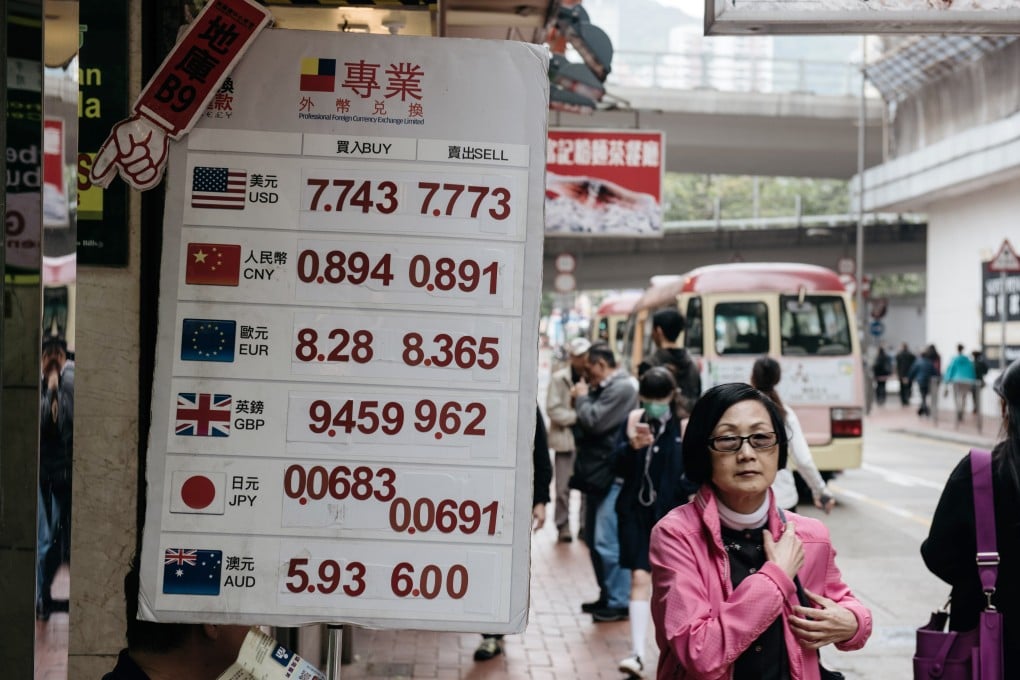Hong Kong dollar no longer ‘safe haven’ for investors as protests cast doubt, ‘father of dollar peg’ says
- Hong Kong’s ‘safe haven’ status has diminished due to political instability caused by anti-government protests in the city, Invesco’s John Greenwood says
- Extra liquidity from the US Fed is likely to flow into all Asian markets, not primarily Hong Kong, as it did after global financial crisis over a decade ago

Hong Kong is no longer the “safe haven” financial centre it once was, according to the economist credited as the architect of the Hong Kong dollar peg.
At that time, the city was a major beneficiary of continuous inflows that amounted to US$130 billion, according to the Hong Kong Monetary Authority (HKMA), the city’s de facto central bank, when the US pumped massive amounts of cash into its banking system in response to the global financial crisis.
Hong Kong is no longer viewed as the ultimate safe haven [as it was] in 2008 and 2009
“Hong Kong is no longer viewed as the ultimate safe haven [as it was] in 2008 and 2009,” said Greenwood, now chief economist at Invesco, which has assets of US$1.2 trillion under its management. “So Hong Kong can continue to have slower money growth because of its political instability even at a time the US is seeing an acceleration of monetary growth.”